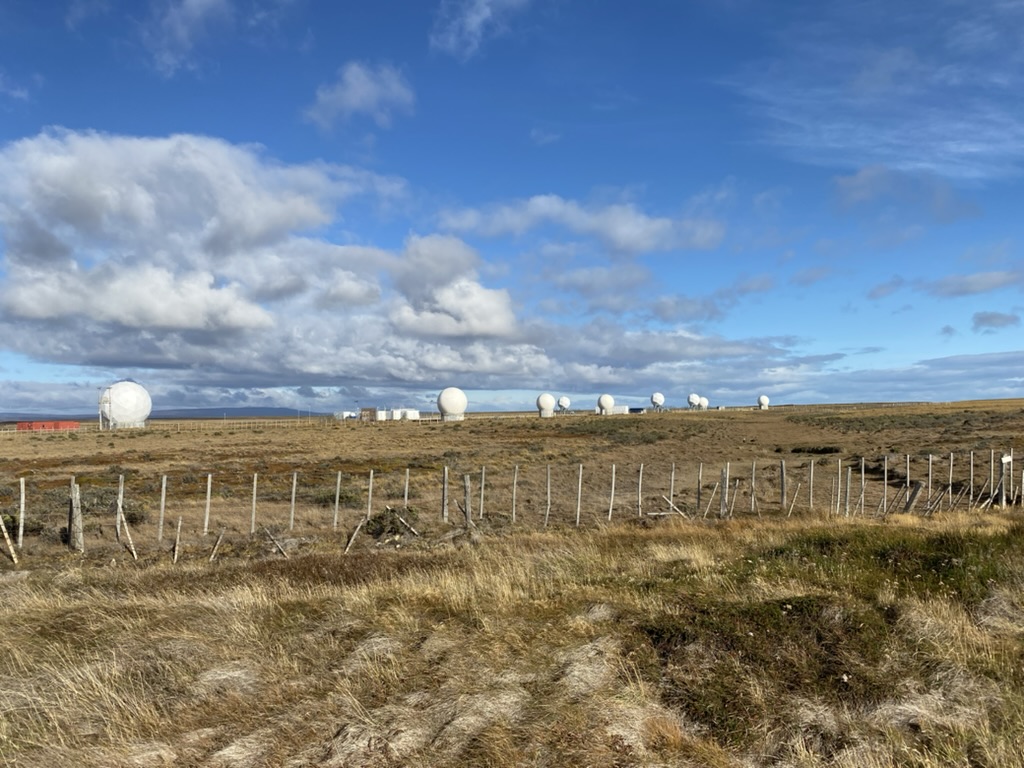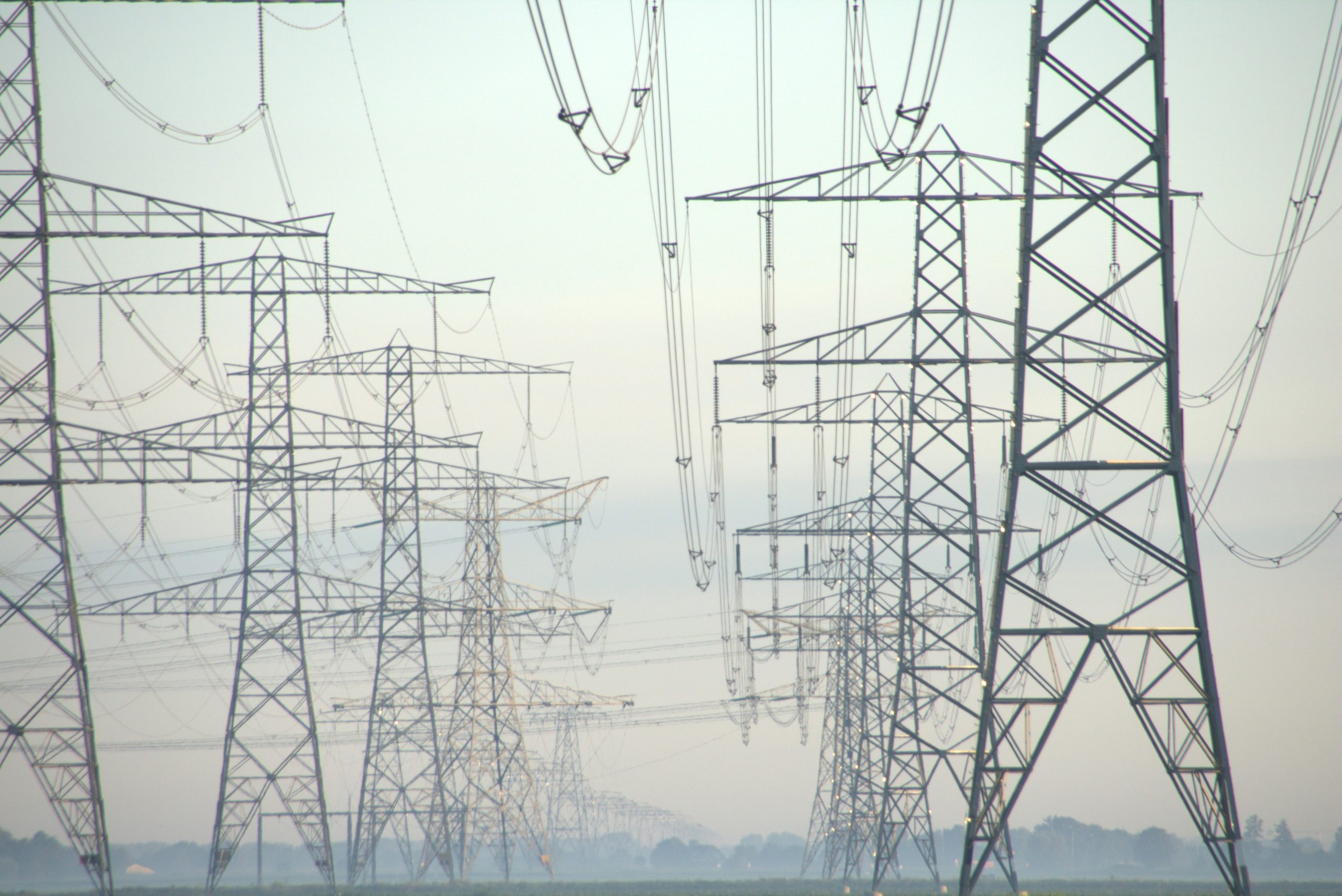The social lives
of clean tech
Technology has been often regarded globally as the primary tool to address both the causes and consequences of the climate crisis. However, as social science, STS scholars and philosophers of technology have consistently argued for decades, as climate and environmental related technological artifacts and infrastructures are never neutral. In fact, different clean technologies and their trajectories mobilize and enact different visions and normative conceptions of what is a desirable, possible and convenient form of climate action. In doing so, clean technologies highlight and make possible some specific desirable and possible climate futures while discarding others. Clean technologies are also key socio-technical arenas in which different modes of defining and valuing “what counts” as relevant is being disputed when it comes to accelerating sustainable transformations.
Inspired by recent debates on Science and Technology Studies (STS), Economic, and Environmental sociology, “the social life of clean technologies” encompasses various empirical research projects leaded by Tomas Ariztia and developed during the last 8 years that have focused on studying and problematizing the connections, possibilities and frictions between clean technologies and environmental change. A common thread of these projects have been to problematize the interface between clean-tech sociotechnical trajectories, the different valuation struggles and the possibilities they enhance (or restrict) for accelerating a just transition.
Projects

Green Hydrogen and Local Energy Generation: energy futures, modes of valuation and the material affordances of two clean technologies
The development and adoption of low-emission technologies are crucial for addressing climate crisis. Chile progresses in energy decarbonization, embracing renewables and international commitments.
2023-2027

A catalog of Local Technologies for climate action
The catalog is a platform showcasing local Chilean technologies for climate action, developed by communities using common knowledge to address specific issues.
2022 – 2025

The social lives of distributed generation and circular economy technologies
This multi-sited ethnographic project examines the domestic, commercial, and regulatory aspects of distributed generation and circular economy clean technologies, exploring their practices, circulation, and sustainability.
2018 – 2022